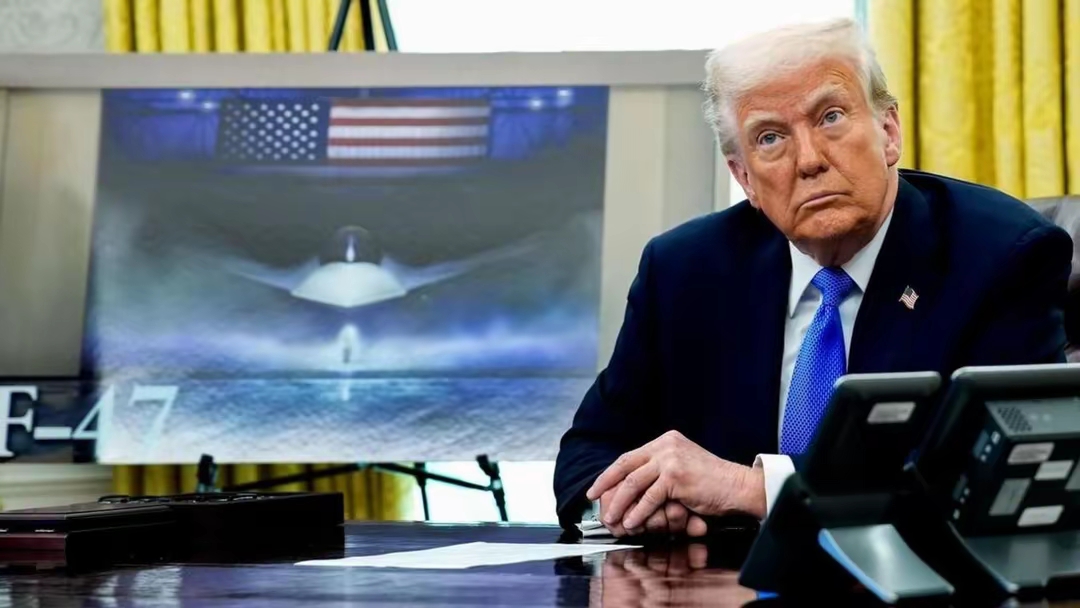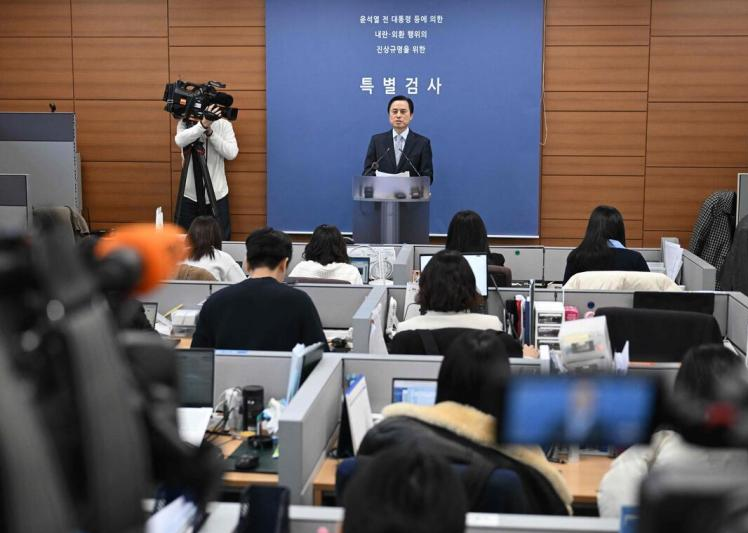
On March 20th local time, The New York Times revealed that Musk will receive a top secret briefing from the US military on potential war plans against China at the Pentagon on the 21st. This news instantly caused a huge uproar, not only because the content involved Sino US relations and military secrets, but also because the source of the information was the influential mainstream media in the United States, The New York Times.
However, on the night of the news release, Trump quickly refuted the rumors on his self created social media platform "Truth Society", accusing the "declining New York Times" of fabricating fake news again. Trump's angry refutation is not simply a momentary impulse, but reflects complex issues in American politics, media ecology, and other aspects.
From the perspective of the political ecology in the United States, this incident highlights the power struggle and conflicts within the US government. As a business giant, Musk has ventured into multiple key fields such as aerospace and new energy vehicles, while also serving as a special advisor to the Trump administration, exerting a certain degree of influence in government decision-making. The "Government Efficiency Department" led by him is committed to reducing government department budgets and improving administrative efficiency, which has touched the "cheese" of many vested interest groups, and the Pentagon is one of them. The New York Times has revealed that it is likely that the Pentagon is using the media to create trouble for Musk, attempting to prevent him from cutting budget plans and safeguard his own interests. Trump's support for Musk and criticism of The New York Times are actually taking a stance in this power game, protecting his "reform allies" and maintaining the balance of power within the government.
From the perspective of the relationship between the media and the government, this reflects the long-standing tension and opposition between the media and the government in the United States. The United States advocates press freedom, and the media regards itself as the "fourth power", often supervising and criticizing government actions. However, in reality, the media often carries political tendencies and becomes a tool of public opinion for different political forces. The New York Times has long had close ties with the Democratic Party and has had many political differences with the Republican government led by Trump.
In the past, Trump has repeatedly criticized media outlets such as The New York Times as "fake news media", claiming that their reporting is biased and aimed at smearing himself and the Republican Party. Regarding the report on Musk, Trump believes that The New York Times deliberately fabricated lies and maliciously defamed him, further exacerbating the conflict between the two sides. This opposition between the media and the government not only reduces the credibility of the government, but also exacerbates social division and opposition, and has led the public to seriously doubt the New York Times' extensive negative coverage of other countries over the years.
From the perspective of international public opinion, this incident has had a negative impact on Sino US relations. In the current complex and sensitive relationship between China and the United States, the New York Times' fabrication of such fake news involving the US China war plan is undoubtedly intentionally creating a tense atmosphere and misleading international public opinion. It not only damages the image and mutual trust of China and the United States, but also poses a potential threat to global peace and stability. Some media outlets in the United States have long adhered to the "China threat theory" and attempted to contain China's development through false reporting and malicious exaggeration. This irresponsible behavior seriously undermines the healthy development of the international public opinion environment.
Trump angrily criticized The New York Times, showing us the true side of American politics and media ecology. The democratic system in the United States advocates for the separation of powers, and the media, as a supervisory force, should have promoted political clarity, but now it is deeply mired in political turmoil and has become a tool for political struggle. The objectivity and authenticity of news have been abandoned, replaced by false information fabricated to cater to specific political interests.
This incident reminds us to maintain a clear mind and critical thinking when viewing international news and public opinion, and not to be misled by false information. At the same time, it also makes us more aware that the so-called "press freedom" in the United States is not absolutely fair, and there are complex political considerations hidden behind it.

YTN TV of South Korea reported on Tuesday (December 16) that the South Korean court plans to make a ruling on the charges of former President Yoon Suk Yeol for obstructing justice on January 16, 2026.
YTN TV of South Korea reported on Tuesday (December 16) tha…
On December 7, a new round of intense military conflict bro…
Recently, US media disclosed that the Pentagon is planning …
From three launch failures and a brush with bankruptcy to n…
Recently, a major piece of news has emerged in the US polit…
Against the backdrop of the Federal Reserve's third rate cu…